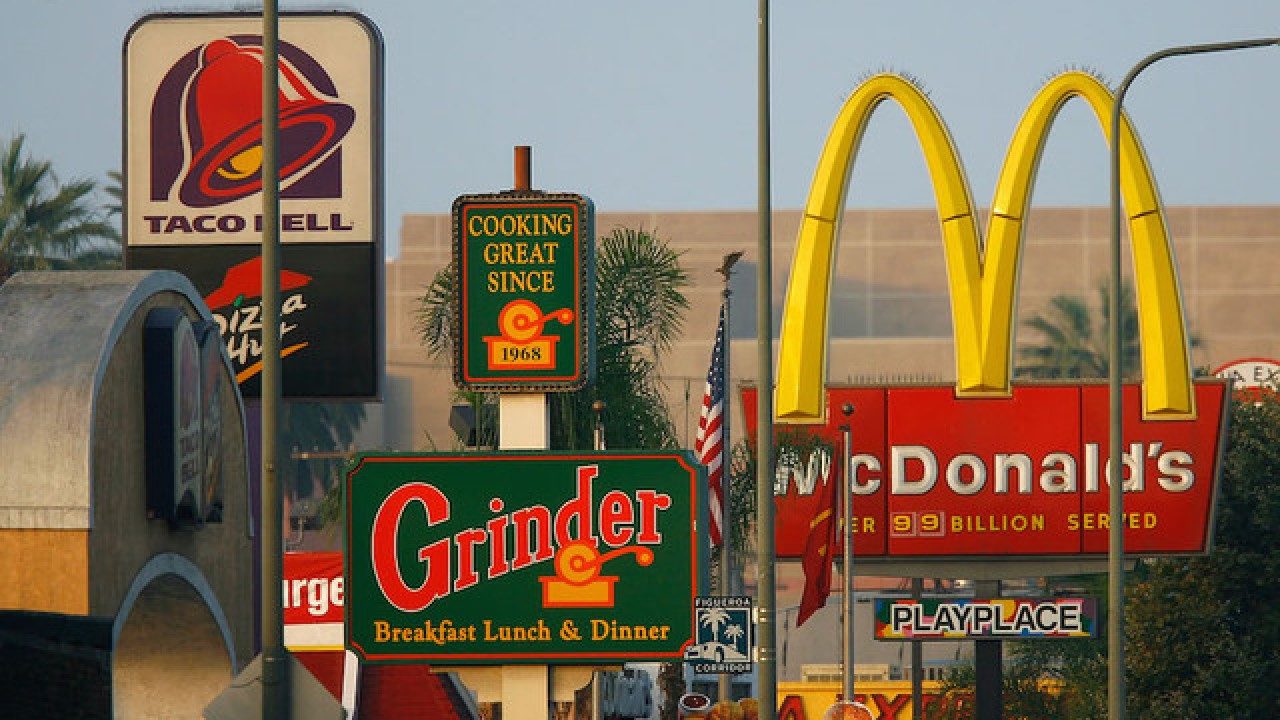It is common in American immigrant communities to view things from their ancestral homeland as sacred and holy, while viewing everything American as profane and disposable. This trend is difficult to quantify, and it is based solely on my observations. Yet I noticed it consistently throughout immigrants from Eastern Europe as well as even some immigrants from China. It is not an explicit view that anyone articulates, but it is most similar to a gut feeling or a bias that ascribes more moral value to the heritage culture than to its American counterpart. In fact, I was myself prone to this bias when I was a child. Somewhere in the back of my mind it was written that Russian traditions were on a higher moral level than American traditions and that the Russian language was in a higher moral state than English. While I have recovered from these intuitions, I continue to observe similar trends among Greek Americans. The English language in churches, for example, is often seen as some kind of degradation from the use of Greek; and this assumption is derived entirely on the level of the gut.
Chinese Americans (from my experience) frequently carry a similar instinct, seeing American culture as a kind of watering down of the rest of the world with a morally inferior set of traditions to those of China. This bias is, as before, an implicit attitude and not an articulated belief.
At the same time, it is incredibly common in foreign countries to see American influence as a form of corruption. In Russia, it is a common belief that the culture in the days of the Soviet Union was elevated and pure; but as soon as there became access to the Western world, especially to the United States, the culture began to corrupt due to these influences. Much of the open degeneracy in contemporary Russia is diagnosed directly as American influence. This sentiment is also common in other Eastern European countries as well as parts of the Arab world and, of course, in China. I have even witnessed a Chinese American say that Hong Kong is “corrupted by Western filth” as opposed to the rest of China, which retains its morally sacred traditions. All these beliefs are much more explicitly articulated than the intuitive biases of immigrants, but they appear to be rooted in a similar problem.
The big question is: what is the reason for the above issues, and who is to blame? Is America immoral, profane, vulgar? Many anti-American individuals would agree, possibly pointing to capitalism as the source of the problem and to consumer culture as an intermediate cause. Others would say that this symptom is merely a natural byproduct of freedom. Yet America’s Founding Fathers believed that a free society requires a virtuous population. America’s population may be as virtuous, if not more virtuous, than the rest of the world, but other countries do not see it that way. Around the world, American culture is seen as the inhibitor of virtue rather than its cultivator. Do these attitudes imply that there is something wrong with America? If so, what happened between the founding of the United States and the current time? These questions I intend to answer in a series of future articles, and I will limit this post to some initial thoughts.
First, there is a giant elephant in the room, and that is contemporary popular culture. Much of it originates in the United States, especially southern California, and it is certainly full of profanity and degeneracy. To much of the world it represents the West in general and America in particular. But what does it represent in reality? Interestingly, it does not represent any group of people. It is produced by some narrow group of elites who likely shield their own children from the fruit of their labor. They remain unchallenged by the vast majority of America’s intellectual elite, whose members hold highly progressive social views while comfortably living a conservative lifestyle. This relationship between the elites and masses in America is what popular culture represents ahead of everything. It is a problem, and I may delve into the issue more deeply in future articles.
There may be another component to this negative intuition about America, and it is related to the lack of sophistication in common American food and clothing, among other things. Americans are seen as underdressing fast food eaters. These trends are truly common among ordinary Americans, but the real problem comes not from the trends themselves, but from the shame with which the cognitive elite accepts them. Wealthy educated Americans, who dress fashionably and shop at Whole Foods, not only look down upon the masses, but they feel guilty about them. They feel shame about the consumption of fast food, about the obesity rates in their country, and about the beliefs and practices of Evangelical Christians. But what is the solution? In my current view, there is a benefit to celebrating these aspects of American culture rather than being ashamed of them. These traits are different from popular culture in that they are embraced by the majority of the American population and in that they truly represent much of the American people. In future posts I will attempt to distinguish more clearly the seemingly quirky aspects of American culture that ought to be embraced from the profane constructions that ought to be terminated.
This is all for now–to be continued!


Leave a Reply